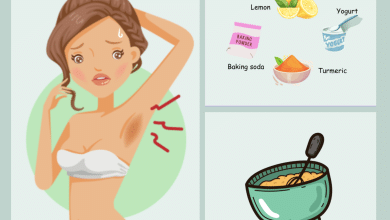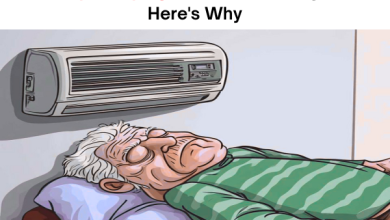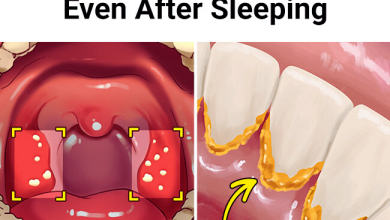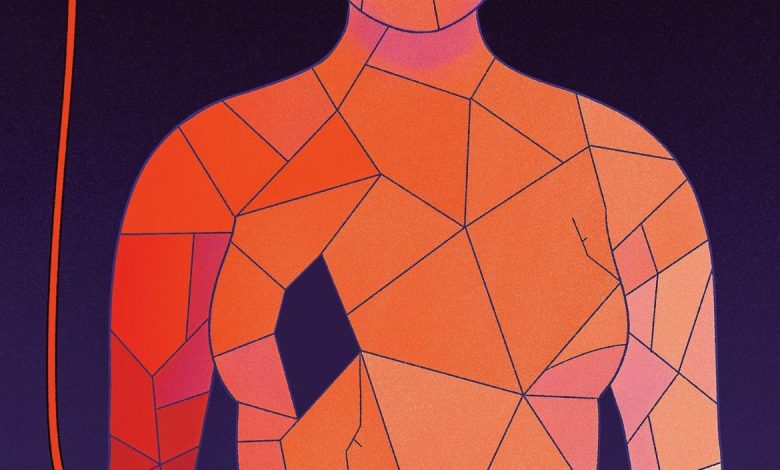
Hogan’s Form of Cancer

“To feed people is to nurture them. And when the rug is ripped out from under someone you deeply love, there’s very little you can do to take their pain away,” explains Julie Devaney Hogan. A mom of 3, who was diagnosed with stage 3 breast cancer, a condition called ductal carcinoma. This type of cancer affects the milk ducts and often comes with no symptoms. However, MayoClinic explains there are occurrences in which symptoms can include breast lumps or abnormal nipple discharge.
Risk Factors for “Milk Duct” Cancer

Several risk factors increase the likelihood of cancer. Some well-known, include getting older or genetic predisposition. Meanwhile, lesser-known risks include, never having been pregnant, having your first baby after age 30, or beginning menopause after age 55. Generally, cancer screenings are recommended to be done between ages 30-40. This may vary depending on the individual’s health and risk factors.
Shifting Focus

Her cancer diagnosis came at 37 years old afterlife had allowed her to enter a high-power career, marry her husband, and create a family of 3 beautiful children. Hogan shares that although for many, a cancer diagnosis might symbolize a loss of self, she’s actually had the opportunity to find herself.
She’s taken time off work, been present with her kids, and even managed to cook a few meals before beginning cancer treatments. Cancer, and other big life-changing moments, put a new perspective on things. As such, comes an opportunity to reflect on what’s truly important to us.
Food to Console the Soul

Hogan shares that within days of her diagnosis, support, advice, or questions came flooding in. People offered rides to cancer treatment. They offered meals and well-intentioned advice, including introductions to people who’d gone through similar challenges. Yet, all she wanted, “was to build a cocoon within my home and swat people away from it.”
As Hogan navigated the waters of respectfully and politely declining offers for help, she never really got the chance to check in with herself and her family about what would provide them the most support during an emotional, scary, and confusing time. However, one day, her friend took a moment to check in. Hogan explains, “A close friend asked me a question that hit me differently: “I’m not bringing you food. What do you actually want?” I realized that no one had asked me that question.” She then shares her response, “Honestly, I want you to take me for a walk on the beach.”
Assessing Personal Needs

That question sat with her, and after some time she realized, she didn’t want to reject the love and support flowing in, she just didn’t want that, “to come in the form of food.” She sat down and wrote a long letter to her support system, explaining what she and her family needed during her cancer treatment. Furthermore, she also thoughtfully explained what her family did not need.
Conscientiously Speak About Cancer
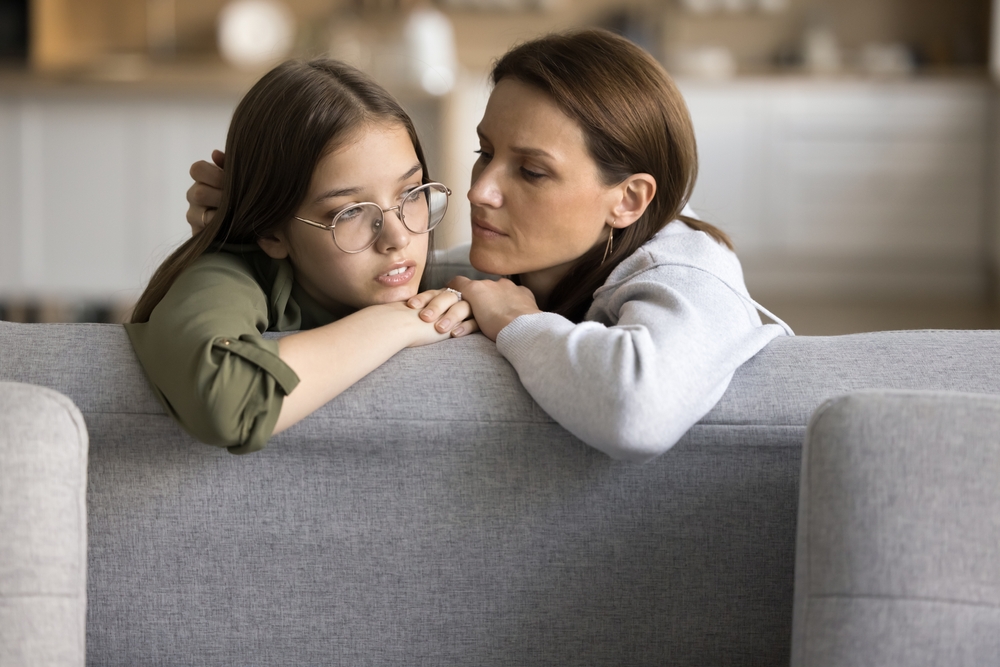
Firstly, she addresses her children. Like most parents, her hope is to ensure this process is as easy for her kids as possible. Sadly, there’s no way to take away all of the fear or sadness. However, she explains they chose to be selective in the language they used with their children. Giving examples, such as, “The tone in our home is “Mom is healing,” not “Mom is sick,” and we talk about cancer as “Barb” and the treatment as “Margot.”
Have Some Fun
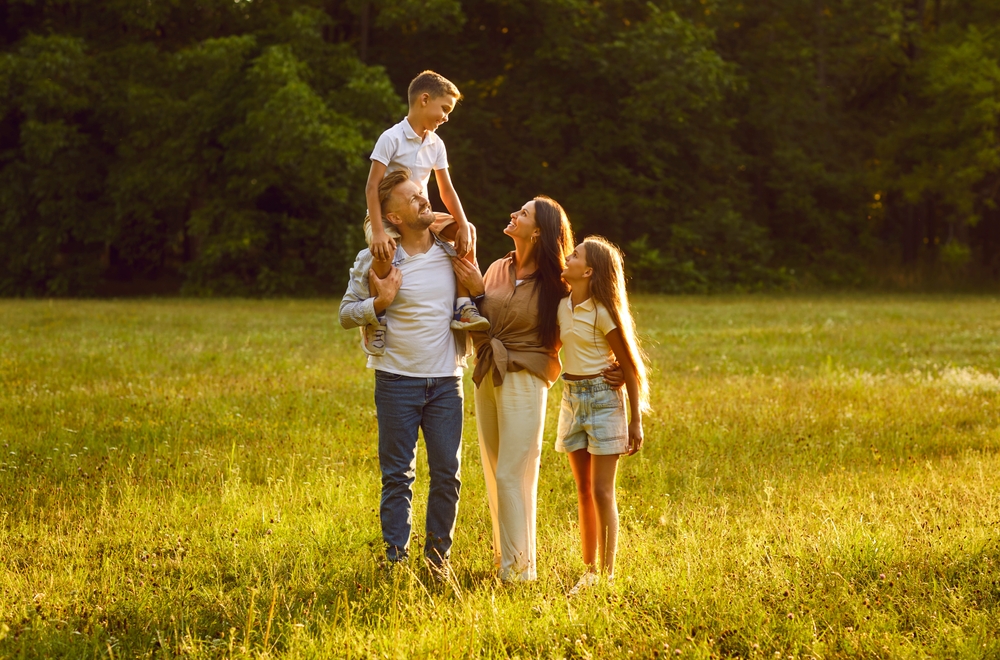
Other recommendations for helping children deal with grief and cancer might include, taking them on a fun outing. This will both give them a little joy and help take their mind off the challenges of the day. Hogan shares that her family has a schedule for treatment days. However, they’re always open to scheduling some fun for the kids with their loved ones.Secondly, Hogan explains their family needs positivity. Examples of this include, “putting a positive thought into the universe for us, however, you choose to do so.” and being a “beach buddy”.“My goal is to stay as active as possible on the good days and to get out to the local beaches/trails for walks (and give Dave a break from taking care of me!).” she explains.
She also emphasizes music has been a big part of the cancer-healing process for her family. In fact, she and her husband have created a playlist they listen to during appointments, and encouraged their loved ones to add to it, anything “to help us stay strong, positive & motivated.“
NOT is Just as Important

Lastly, she shares what their family does NOT need. She explains this is “equally as important”. “Writing what we didn’t want was an incredibly helpful exercise. It gave us the opportunity to express our gratitude to the amazing people wanting to help us. While simultaneously sharing our honesty about what wouldn’t help us.” Hogan disclosed.
She says her family doesn’t need food. While meal trains can be incredibly helpful to some, for others, it’s just a reminder that things are out of balance. “Cooking for and feeding people is something Dave and I love to do together, and we have a really special routine around feeding our family that is important to us to continue. Personally, feeding my kids gives me a ton of purpose,” she explained.
Next, they don’t need the well-intentioned introductions. For some, hearing the stories of others can be a helpful reminder that they are not alone. However, we all grieve in different ways. That means others may prefer to navigate, step by step, at their own pace. “When we’re ready to talk to and learn from others, trust us, we will ask! We are not there yet. Thank you for understanding.” Hogan shared.
Lastly, she assures all who are concerned, that she doesn’t need a ride. She and, her husband, Dave “are a team”. This means they plan to go through every step of fighting the cancer, together. “We are planning to tackle all of my treatments together. We’re beyond appreciative of people who have volunteered to take me, but this will be something Dave and I do together each week,“ Hogan explained.



